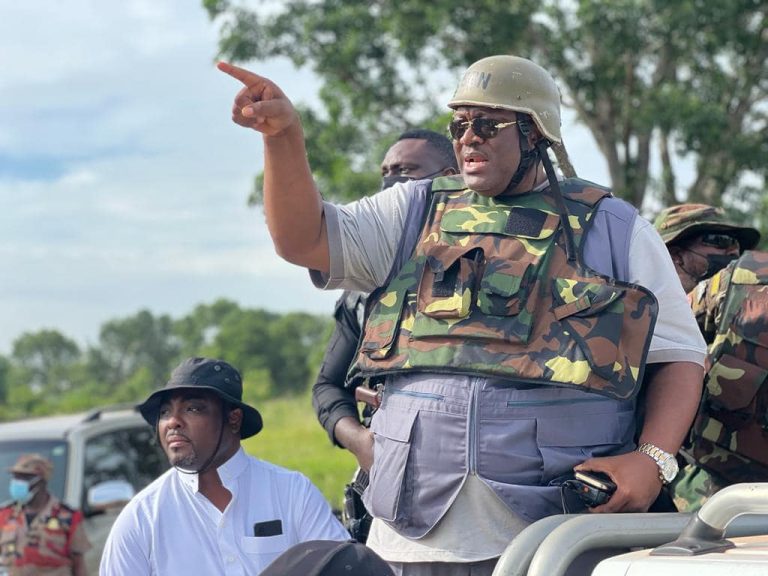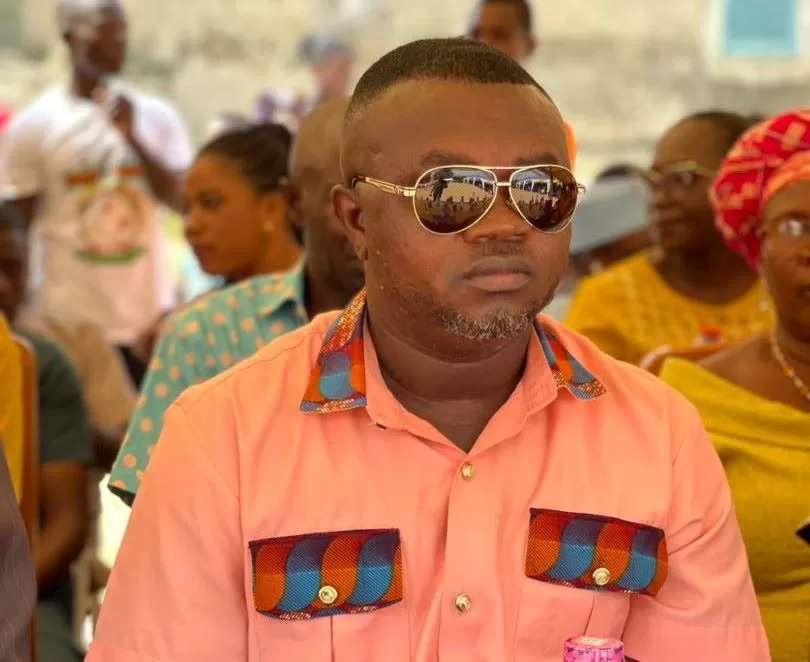President Akufo-Addo has defended his government’s expenditure since his assumption of office in 2017.
According to the President, his government has been accountable with its borrowing.
Delivering the State of the Nation Address on Wednesday, March 8, President Akufo-Addo said his government only spent money on things that are urgent and necessary.
“Mr Speaker, let me state emphatically that we have not been reckless in borrowing and in spending. It is worth noting that the debts we are servicing were not only contracted during the period of this administration.
“Mr Speaker, we have spent money on things that are urgent, to build roads and bridges and schools, to train our young people and equip them to face a competitive world,” the President said.
However, President Akufo-Addo added that there is a lot government needs to do.
With this, he thus Court the support of the citizenry to ensure the collective development of the country.
“Considering the amount of work that still needs to be done on the state of our roads, the bridges that have to be built, considering the number of classrooms that need to be built, the furniture and equipment needs at all stages of education, considering the number of children who should be in school and are not, considering the number of towns and villages that still do not have access to potable water, I daresay no one can suggest we have over-borrowed or spent recklessly.”
Meanwhile, President Akufo-Addo assured that the government is on course to secure a deal with the International Monetary Fund (IMF) by the end of this month.
“Mr Speaker, having reached the Staff Level Agreement on December 12, 2022, after five months of intense negotiations, and completion of most of the prior actions required under the Agreement, we are on course for the IMF Staff to present to the IMF Executive Board Ghana’s Programme request for a $3 billion Extended Credit Facility by the end of the month.
“Mr Speaker, the three-year IMF Programme, anchored on Government’s Post COVID-19 Programme for Economic Growth (PC-PEG), aims at restoring macroeconomic stability and debt sustainability, whilst protecting the vulnerable.
“It is a strong reform programme, which relies on frontloaded fiscal measures to increase domestic resource mobilisation and streamline public expenditures to support inclusive growth and enhance social protection.”














